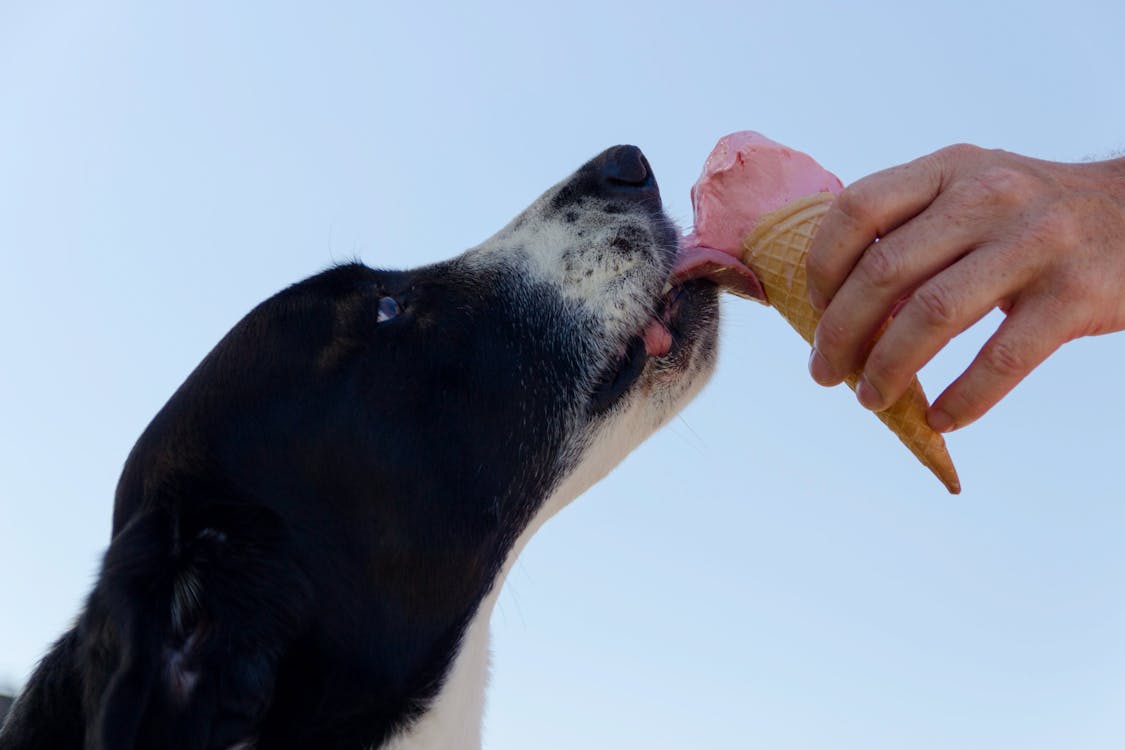Dogs have been our loyal companions for thousands of years, offering unconditional love and support as valued members of our families. As responsible pet owners, it is our duty to provide them with the best possible care, and one of the most critical aspects of their well-being is their diet. Just like humans, dogs require a balanced and nutritious diet to thrive and lead a healthy life. Understanding their nutritional needs and ensuring they receive the right combination of nutrients is essential for their growth, energy levels, immune function, and overall vitality. In this article, we will explore the significance of a balanced diet for dogs, the essential nutrients they require, and how to meet their unique dietary needs throughout their various life stages.
The Basics of Canine Nutrition

To comprehend the importance of a balanced diet for dogs, we must first understand the basics of canine nutrition. Dogs are omnivores, which means they can eat both animal-based and plant-based foods. However, their biological makeup and evolutionary history indicate a preference for animal proteins, as their ancestors were carnivores. Proteins are the building blocks of life and are crucial for various bodily functions, including muscle development, tissue repair, enzyme production, and the formation of hormones and antibodies.
In addition to proteins, dogs require carbohydrates, fats, vitamins, and minerals for optimal health. Carbohydrates provide a source of energy, while fats are essential for proper cell function, the absorption of fat-soluble vitamins, and maintaining healthy skin and coat. Vitamins and minerals play vital roles in metabolism, immunity, and overall physiological processes.
Balancing the Macronutrients
The key to a balanced diet for dogs lies in striking the right balance of macronutrients: proteins, carbohydrates, and fats. The specific ratio of these nutrients may vary based on a dog’s age, size, activity level, and health condition. For instance, puppies and active dogs typically require a higher proportion of proteins and fats to support their growth and energy needs. Conversely, senior dogs and less active dogs may benefit from a diet with slightly lower protein and fat content to avoid excessive weight gain.
High-quality proteins are essential for dogs, and they should come from animal sources such as meat, fish, and eggs. These proteins contain all the essential amino acids that dogs need to build and repair tissues. While dogs can derive some nutrition from plant-based proteins, animal-based proteins are more easily digestible and bioavailable for them.
Carbohydrates, often derived from grains, vegetables, and fruits, provide dogs with a source of readily available energy. However, not all dogs have the same tolerance for carbohydrates, and some may do better on grain-free or limited ingredient diets. It is crucial to consider a dog’s individual dietary needs and sensitivities when choosing the right carbohydrate sources.
Fats are a concentrated source of energy and are crucial for absorbing fat-soluble vitamins A, D, E, and K. They also play a role in maintaining healthy skin and a lustrous coat. Healthy fats, such as omega-3 and omega-6 fatty acids, support joint health, immune function, and cognitive development.
The Importance of Micronutrients

While macronutrients are vital for a balanced diet, micronutrients, such as vitamins and minerals, are equally essential. These micronutrients are required in smaller quantities but play critical roles in various physiological processes.
Vitamins are essential for supporting immune function, promoting healthy skin and coat, and aiding in metabolism. Common vitamins needed by dogs include vitamin A, vitamin D, vitamin E, and the B-complex vitamins.
Minerals, such as calcium, phosphorus, iron, zinc, and selenium, are essential for bone health, muscle function, and enzyme activity. Proper mineral balance is crucial for preventing deficiencies or excesses that can lead to health issues.
Feeding Different Life Stages
As dogs age, their nutritional needs change. Puppies, in particular, have higher energy requirements for growth and development. A balanced diet for puppies should contain higher levels of protein, fats, and essential nutrients to support their rapid growth and development.
As dogs transition into adulthood, their energy needs stabilize, and a balanced diet with appropriate portions becomes crucial for maintaining their ideal body weight and overall health. It’s essential to monitor their body condition and adjust their diet accordingly to prevent obesity or malnourishment.
Senior dogs may require a diet with fewer calories but with increased nutrients that support joint health and cognitive function. Many commercial dog foods offer formulas specifically tailored to meet the needs of senior dogs.
Special Dietary Considerations

Some dogs may have special dietary considerations due to health conditions, food allergies, or sensitivities. For example, dogs with food allergies may benefit from a limited ingredient diet, while those with sensitive stomachs may require a diet that is easily digestible.
Dogs with certain medical conditions, such as kidney disease or diabetes, may need a diet that is low in specific nutrients or ingredients to manage their condition effectively. In such cases, it is essential to work closely with a veterinarian or a veterinary nutritionist to design a specialized diet plan that meets the dog’s unique needs.
The Role of Water
In addition to a balanced diet, access to clean and fresh water is essential for a dog’s well-being. Water plays a crucial role in maintaining proper bodily functions, including digestion, circulation, and temperature regulation. Dogs should have access to water at all times, and pet owners should ensure that their water bowls are cleaned and refilled regularly.
Choosing the Right Dog Food

With so many options available in the market, choosing the right dog food can be overwhelming for pet owners. Reading and understanding the ingredient list and guaranteed analysis on dog food labels can help identify the nutritional value of the product. Look for dog food that lists high-quality proteins as the first ingredient and contains a balanced mix of carbohydrates and fats. Avoid products that contain excessive fillers, artificial additives, and preservatives.
While commercial dog food can provide a complete and balanced diet, some pet owners may choose to prepare homemade meals for their dogs. If opting for a homemade diet, it is crucial to consult with a veterinary nutritionist to ensure that the diet meets all of the dog’s nutritional requirements.
A balanced diet is the foundation of good health and well-being for dogs. Understanding their nutritional needs and providing them with the right combination of proteins, carbohydrates, fats, vitamins, and minerals is essential for their growth, energy levels, immune function, and overall vitality. Feeding puppies, adult dogs, and senior dogs appropriate diets that suit their specific life stages is crucial for their development and longevity. Additionally, taking into account special dietary considerations and providing access to clean and fresh water further enhances a dog’s overall health and happiness. As responsible pet owners, ensuring that our dogs receive a balanced and nutritious diet is a beautiful expression of our love and care for our loyal and devoted companions.


